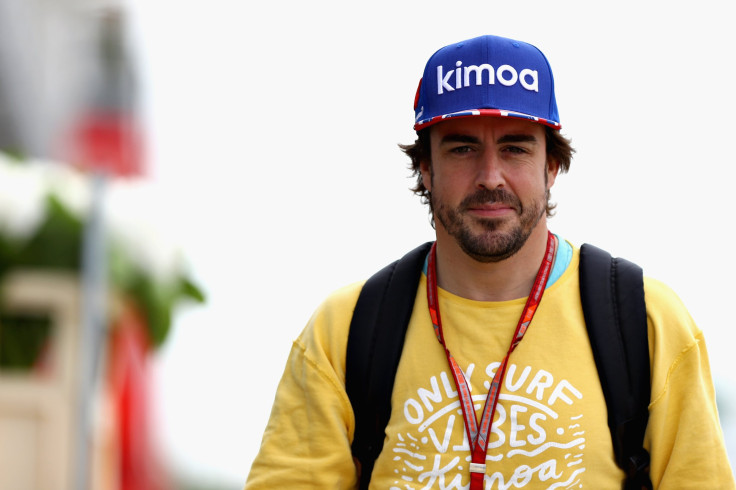Fernando Alonso Right To Say F1 Is Becoming 'Predictable': Sean Bratches

Fernando Alonso announced on Aug. 14 that he will quit Formula 1 at the end of the 2018 season and one of the reasons the Spaniard gave for his exit was that the sport is becoming predictable.
And F1’s commercial chief Sean Bratches agrees with the Alonso and believes that he was right to say so. The sport has been dominated by Mercedes since 2015, with Ferrari and Red Bull their closest challengers in the last two campaigns.
No other team apart from the top three has won a Grand Prix since 2015 and the gulf between the top three and the midfield teams is vast with no signs that it will close up any time soon.
Bratches admits it has become predictable in recent races, but says there is a plan in place to fix it and make the races a little less predictable. F1’s new owners Liberty Media have already implemented a few changes and it is likely to continue as they look to make it more competitive.
"Had I been his head of communications I would have advised him to use different words on his last lap so to speak," Bratches said, according to Autosport. "But I think there is an opportunity for F1 to be less predictable, and it's important that we get there.”
"Since the 2015 season only three teams have won a grand prix, so it is pretty predictable," he said.
The sports managing director (commercial) used the English Premier League to explain Liberty Media's plans for the future. The reason for the English top-flight being the most popular football league in the world is due to its unpredictability, wherein a team at the bottom of the table can beat the best in the division on their day.
"If you look at the Premier League, since the 2014-15 season the bottom three teams have either beaten or tied the top six 29% of the time," he added. "So if you're, let's say, a Cardiff fan, unless you're a crazy optimist - Leicester City aside - you might not think you're going to win the Premier League, but when you play Chelsea or Manchester City you know that you can actually win the game, and it actually happens.”
Bratches praised Alonso following his decision to walk away from F1 and was hopeful that the Spaniard had continued in the sport until the end of his racing career. The Spaniard, however, has left the door open and could return if he can land a drive in a race winning car in the future.
"It doesn't happen in F1. I think [Alonso] is right, and we have a plan to fix it,” Bratches said. "I wish he was around for another 10 years to be part of that. He's been such a phenomenal ambassador for the sport, such a hero, a legend, I hope that his brand stays around for many years to come."
© Copyright IBTimes 2025. All rights reserved.





















